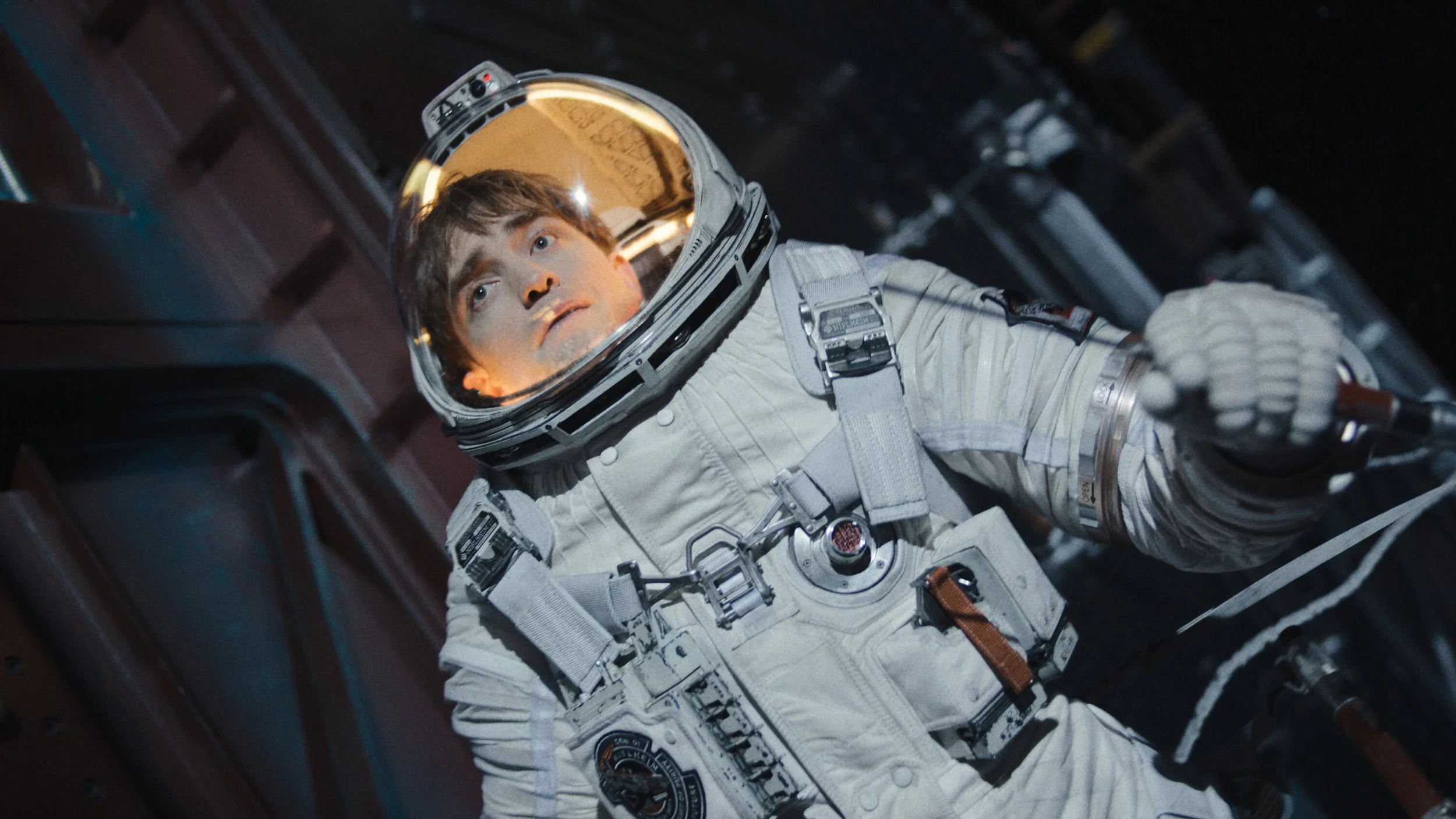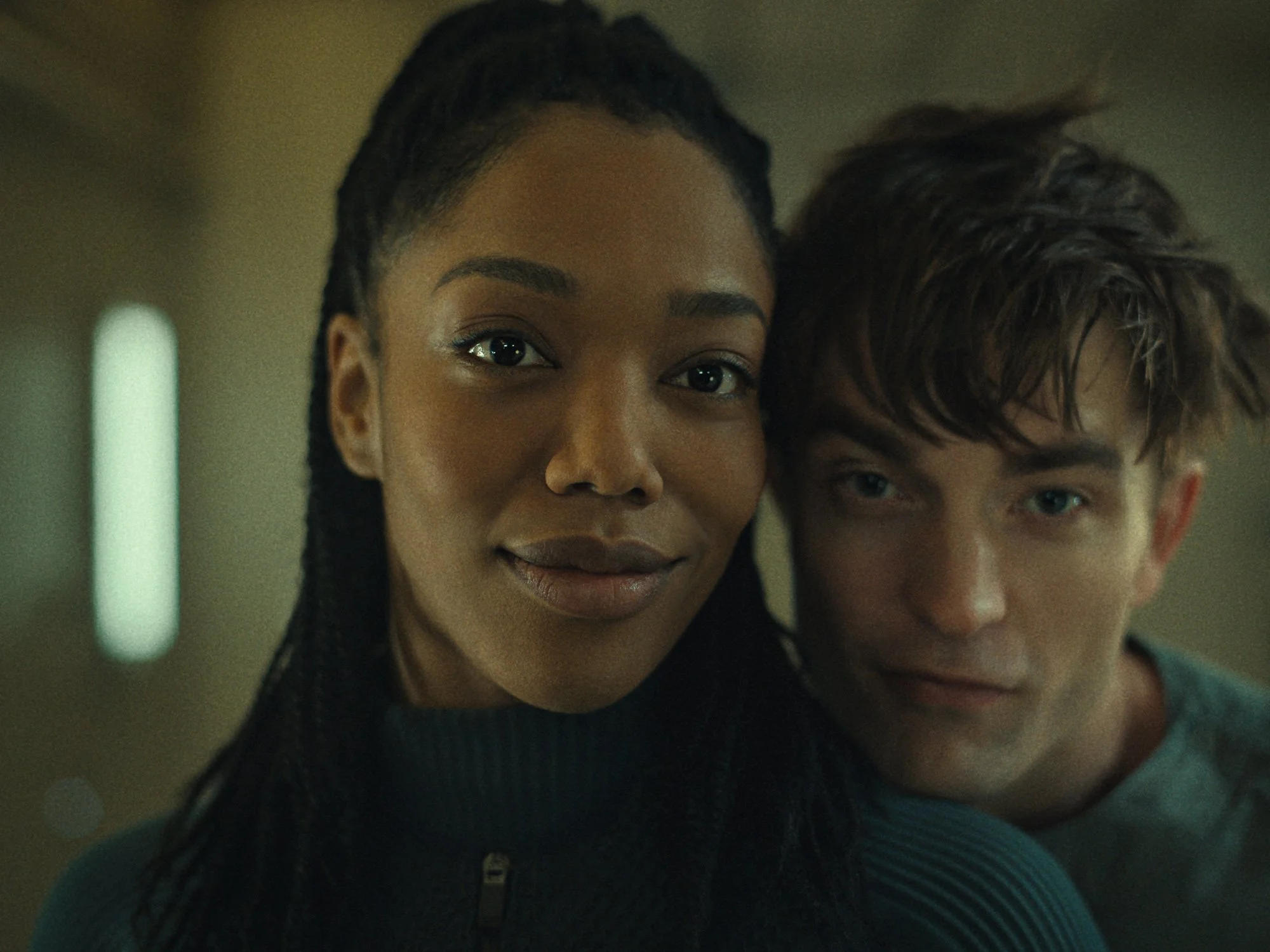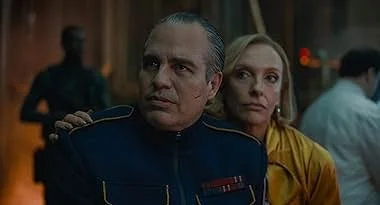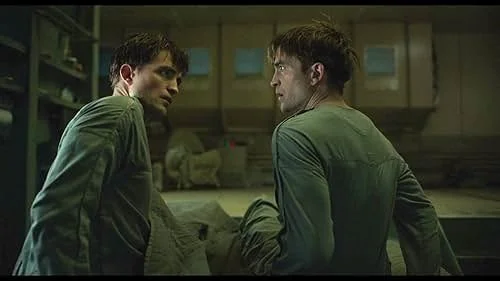'Mickey 17': The Political and Dystopian Parallels to the American Administration
By Natalia Chairez
What does it feel like to die? This age-old question, intertwined with mortality and self-awareness, takes center stage in Mickey 17, Bong Joon Ho’s latest philosophical and dystopian sci-fi film.
Bong Joon Ho’s work has gained increasing recognition in recent years, particularly after his critically acclaimed Parasite. His signature blend of dark comedy and anti-capitalist themes—exploring greed, social class, and power structures—has set him apart in a crowded field of esteemed filmmakers.
Courtesy of Warner Brothers
Mickey 17 is a sci-fi dark comedy that follows Mickey Barnes (Robert Pattinson) and his friend and business partner, Timo (Steven Yeun). After a failed business venture forces them to flee, they enlist in a space colonization program bound for Niflheim, a snow-covered planet. Timo becomes a shuttle pilot, while Barnes unknowingly signs up as an "Expendable,” the crew’s sacrificial test subject, repeatedly killed and regenerated with his memories intact. Each iteration of Mickey represents a new layer of his identity, complicating his perception of self.
Courtesy of Warner Brothers
Amid this existential cycle, Mickey meets Nasha (Naomi Ackie), forming what I found to be one of the most devoted and touching relationships in recent cinema. The film delves into Bong’s signature themes—social commentary, philosophical mortality, identity, colonialism, and political satire—woven into an eerily relevant narrative.
Courtesy of Warner Brothers
One of the film’s standout surprises is Mark Ruffalo’s portrayal of Kenneth Marshall, a dictator-like politician accompanied by his wife, Ylfa (Toni Collette). Marshall is a blatant satirical embodiment of Donald Trump and other far-right authoritarian figures. His campaign, complete with fervent supporters in red caps, mirrors real-world MAGA culture—a striking detail considering the film’s production began in 2022, three years before Trump’s 2025 presidency.
The film also critiques colonialism and authoritarianism as the crew lands on Niflheim, a planet inhabited by mysterious creatures known as "creepers." Mickey 17 is sent on a mission expected to kill him, yet he survives—saved by the very beings his crew seeks to dominate. His return shocks his colleagues, especially as Mickey 18, a more ruthless version of himself, has already been printed. The contrast between Mickey 17’s gentleness and Mickey 18’s hardened demeanor raises deeper questions about identity and what makes someone truly themselves.
Courtesy of Warner Brothers
Throughout the film, Mickey is repeatedly asked, “What is it like to die?” Yet, he never offers a real answer—perhaps a reflection of his indifference toward his own existence. However, when 17 realizes that if he dies at 18’s hands, there will be no next version of him, his will to live is reignited.
Mickey 17’s fusion of dark comedy, sci-fi, and political satire makes it a uniquely compelling addition to Bong’s filmography. While it doesn’t follow the same trajectory as Parasite, it delivers an exhilarating and thought-provoking narrative on mortality and the disposability of human life—paralleling how marginalized communities and human dignity are treated in the current political climate.
I left the theater haunted by its implications, unable to shake its chilling reflection of our present-day society.




